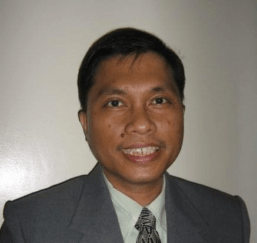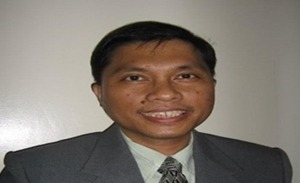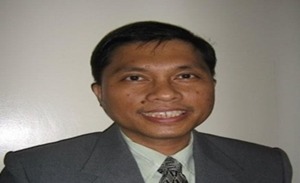OBLIQUE OBSERVATIONS
By Atty. Gilberto Lauengco, J.D.

Even after more than a week since May 12, the effects of the election in the lives of many people are still evident. Online shows and videos dissecting the recent elections both local and national are still garnering hundreds of thousands of views. News items and even simple posts about the elections and the candidates both winning and losing still get hundreds if not thousands of reactions and comments. What disturbs me the most about all this continuing attention to all things political is the large amount of hate comments and vicious online arguments triggered by these videos and items.
Elections in the Philippines have always been intense. These past few elections, however, have been more divisive and acrimonious. We see ordinary strangers berating and insulting each other over political differences. Passion about ideals and morals is one thing. Unfortunately, the hate and vitriol over perceived lack of qualifications of some candidates and other matters have become so intense and palpable that it has become alarming. We have friends and family fighting bitterly over politics and cutting ties with each other. The rise of professional online agitators and fake news has done much to exacerbate the situation. It seems some people enjoy triggering people online.
This epidemic of anger and rage has even seeped into online discussions of things non-political. Consider the amount of violent incidents related to road rage. Lately, any small incident on the road seems to evoke a disproportionate amount of violence. Even kids nowadays seem to be a bit more violent over the smallest things. There have been numerous incidents of violence in our schools that started over the silliest of things.
Some have expressed their concern over this seeming rising culture of anger and rage. Some have looked overseas for any possible manner of social engineering that could stem this troubling tide. The term “Wa” is a Japanese concept roughly translated into English as “harmony”. The concept of Wa stresses unity and cooperation over personal interests and ego. Proponents of the ideal of Wa believe that an emphasis on harmony would promote cooperation and understanding. Wa is a core value in Japan and it is embedded in their culture philosophy and daily life. As such, public arguments that would lead to a more violent encounter are frowned upon and disallowed in certain circumstances. Despite some people’s belief that Wa promotes overt meekness and will drive out drive and ambition, proponents only have to point to the success of the Japanese in many competitive fields to counter this concern.
There are those who believe that harmony can be imposed with certain tweaks in our existing laws and regulations and integration into our educational system. Perhaps laws that prohibit and severely punish shouting, cursing or obscene gestures in any incident could be a start. Insofar as our educational system is concerned, people have pointed that the latest finding that many high school students lack comprehension skills could be the culprit in increasing incidence of volatile behavior in kids. Lack of comprehension can produce miscommunication and lack of understanding which in turn produces misunderstanding and then conflict. Perhaps this then is the key to rage control. An educational system that promotes harmony and the ability to comprehend could be the answer.





